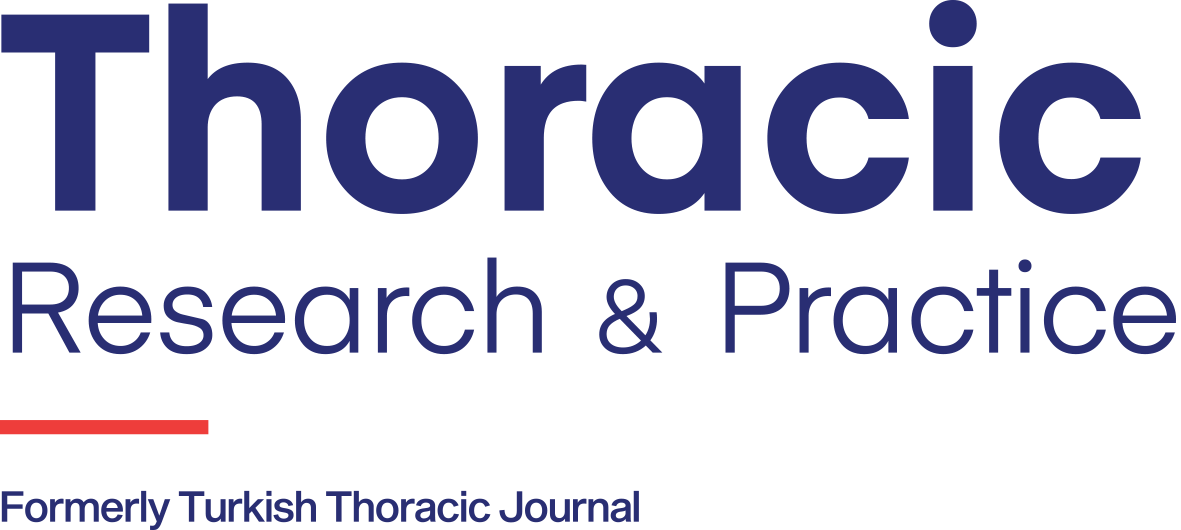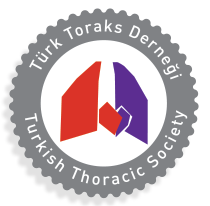Abstract
Objectives:
There is an accumulating data that shows relation between childhood adversity and chronic diseases as well as epigenetic influences that in turn give rise to these diseases. In this research, we systematically reviewed articles to analyze epigenetic regulations of asthma related genes of physically or sexually abused children.
Methods:
First, we reviewed the literature for childhood adversity and asthma in population-based researches. We used keywords (“child abuse” OR “child sexual abuse” OR “child physical abuse” OR “child maltreatment” OR “childhood adversity” OR “child neglect”) AND (asthma) in NCBI-PubMed to bring together the informative data that shows relation between childhood adversity and asthma. Second, we used the term (epigenetics) instead of (asthma) and repeated the search. We adopted PRISMA guidelines for this systematic review. Only original research articles included and review articles, adversities that are occurred after age of 18, articles that do not have epigenetic analysis, articles that contains only economical adversities and pregnancy adversities are excluded from the study. Initially, 1499 articles retrieved and majority of those articles excluded after reviewing the abstracts and titles and 27 articles are identified which 13 of them had whole genome methylation arrays and 14 had methylation data for single genes or pathways. Finally we retracted significantly methylated genes from each study and evaluated the functions of these genes on Gene Cards and NCBI Gene web sites. We also searched PubMed to assess in-vivo, in-vitro and clinical studies in relation with these differentially methylated genes and asthma.
Results:
There were 8 population based research articles that showed clues with respiratory diseases and childhood adversities listed. For epigenetic analyses, differentially methylated genes were recorded and analyzed for their role in asthma. The study sample sizes, methods, studied tissues, countries, and significantly differently methylated genes and their possible contribution to asthma is listed. Most of the studies had data for post-traumatic stress disorder genes and focused on hypothalamus -pituitary – adrenal (HPA) axis and immune system related genes. There were at least one asthma related effected gene in each study as well as some of them had multiple effected pathways. Only one study had found no significant relation between childhood adversity and epigenetic regulation after applying multiple statistical corrections.
Conclusion:
Although child abuse and different types of childhood adversity has been associated with asthma, the underlying pathways for these associations have yet to be fully elucidated.



